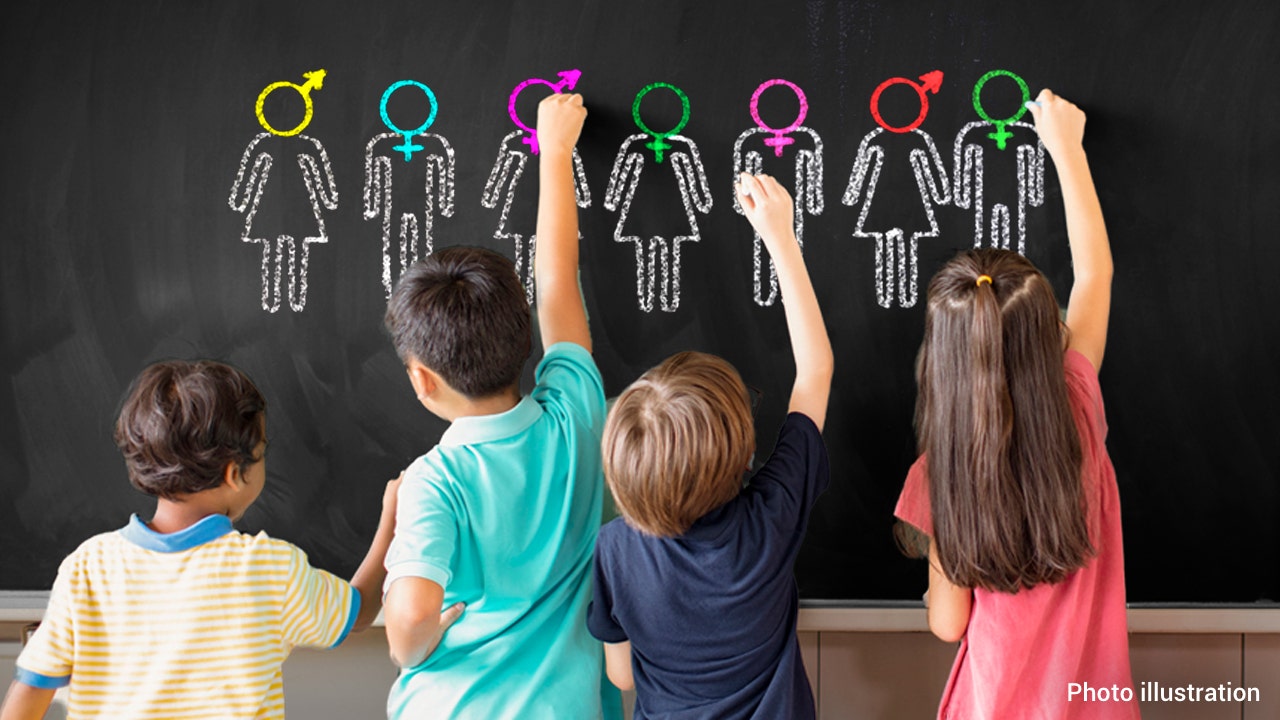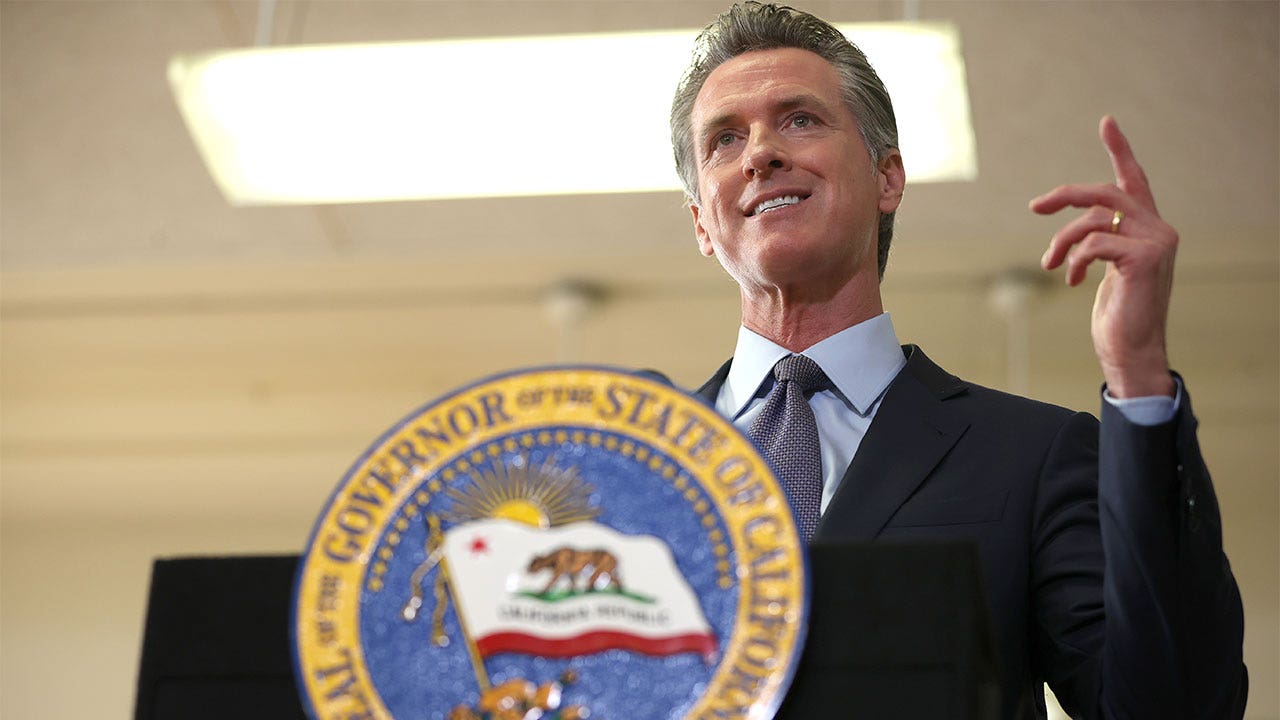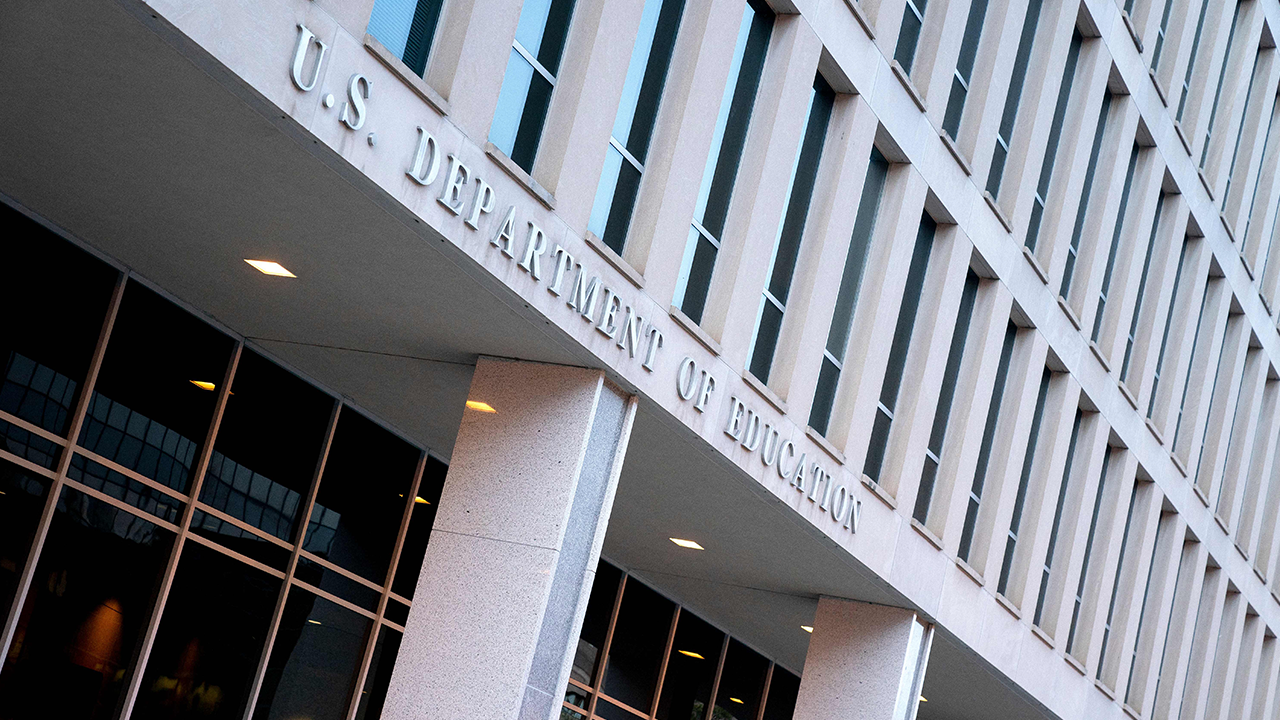Parents across America are losing faith in the education” target=”_blank”>public school system<
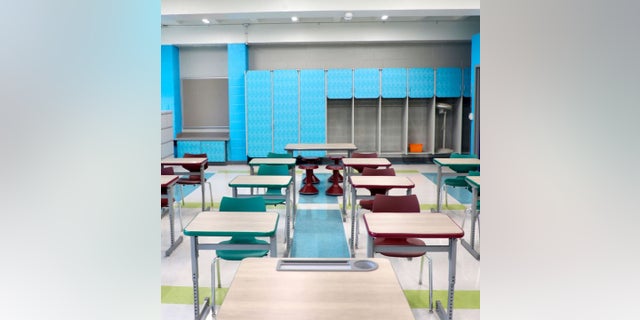
A classroom inside Andrew Hamilton Public School in Philadelphia. Leaked documents show students are learning about George Floyd and about a "Pyramid of Hate."
(The School District of Philadelphia)
The coronavirus pandemic was not the beginning of this nationwide trend, but it has been an accelerant. As public schools across the country shuttered, exiling students (and their parents) to the barren desert of digital school, private schools often managed to remain open. Teachers and administrators at these schools were flexible, innovative, and determined to keep their students in the classroom, and they did it without becoming “super spreaders.”
Children at private schools, including private religious schools, have continued to live a relatively normal life throughout the course of this pandemic. I know this is true because my family has lived it.
 Video
Video
If this pandemic has shown parents anything, it is the importance of the quality of their children’s education—and education in our country is anything but uniform. The checkerboard nature of the public school system means that for many children, especially those in low-income or rural areas, their educational prospects are bleak.
This is especially true when schools shed in-person instruction for remote learning. It’s no wonder that alternatives like homeschooling, charter schools, and religious schools gain students as public schools lose them—they give kids a fighting chance.
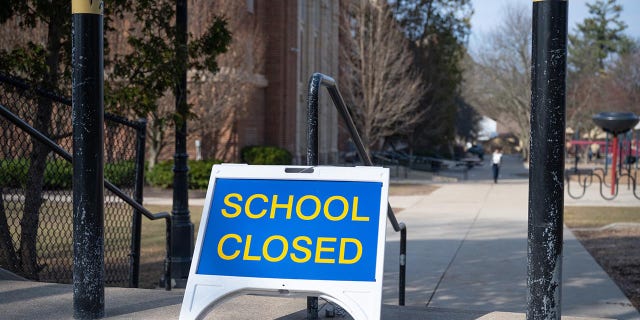
A "closed" sign in front of a public elementary school in Grand Rapids, Michigan, in March 2020. Michigan closed all schools in an effort to thwart the spread of the novel coronavirus.
(iStock)
The Supreme Court now has an opportunity to strengthen school options for parents. In rural areas of Maine, public high schools are few and far between. The state provides tuition assistance for students who attend private schools. But there’s a catch: anyone who decides to attend a religious private school is immediately disqualified from accessing that aid.
What does this mean? It means that a child in Maine can receive state funds to help pay for their tuition at elite Connecticut schools like Miss Porter’s or the Taft School, but not for a local Catholic school. Families in Maine have brought their case to the Supreme Court.

A police officer patrols in front of the U.S. Supreme Court in Washington on Oct. 12, 2021.
(Emily Elconin/Bloomberg via Getty Images)
If the situation in Maine sounds unfair and discriminatory, that’s because it is. In the 19th century, at the height of anti-Catholic sentiment, many states passed anti-religion laws intended to keep children at Catholic schools from accessing state funds while the public schools remained Protestant. Today, these types of laws affect families of many faiths (and no faith) who are simply looking for a decent alternative to their failing local public schools.
Many of these families have chosen Catholic schools, some because of their religious mission and others because the schools are reliable and affordable. There are nearly 2 million Catholic school students across the country, and the Catholic Church subsidizes the cost of education for all of them. Among them, 40 percent live in the inner-city and 20 percent are minorities. Many of them are not even Catholic. At its core, Catholic education is meant to be accessible to all, but especially to those in poor inner-city and rural areas.
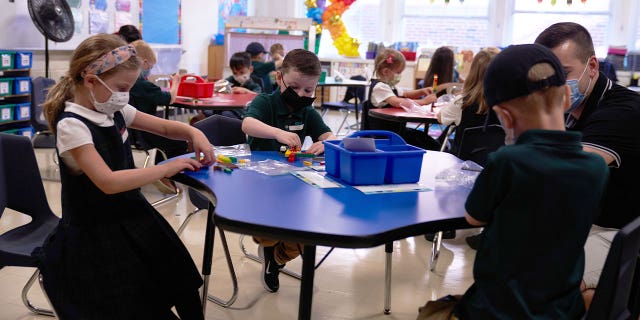
Joseph G. Allen feels masks work, but aren’t necessary for kids.
( Allison Dinner/Bloomberg via Getty Images)
We are not living in the 1800s. It is 2021, and Americans want religious schools and organizations to be treated fairly.
CLICK HERE TO GET THE OPINION NEWSLETTER
A new report recently published by the Becket Fund for Religious Liberty shows that 56% of Americans believe that religious schools and students who attend them should be eligible for state programs that provide financial assistance, even if those students and schools engage in religious activities. (This goes beyond education, too: 71% believe religious organizations that serve the community should be just as eligible for government funds as non-religious organizations).
CLICK HERE TO GET THE FOX NEWS APP
Catholic schools exist in part to serve the very students for which state programs like Maine’s were designed. If the goal is the education of future generations, the government should be eager to partner with religious schools, especially considering how they have fared during the pandemic compared to public schools. It is time for state governments to recognize what families want for their children and do something about it. I know where the state of Maine could start.






